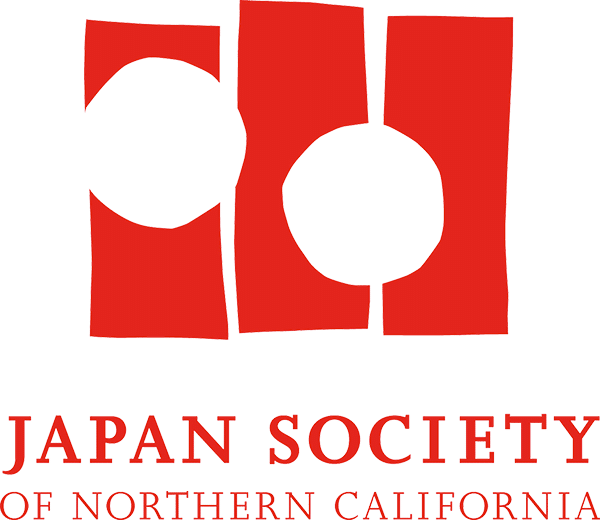Impact of Tax Reform Proposals on Bay Area and Japanese Business
On May 16 the Japan Society of Northern California and PwC organized a program on tax reforms being currently debated in Washington DC and their potential impact on Bay Area and Japanese-owned businesses. Miho Aoki, Principal, International Tax Services at PwC, started by noting that the chances of significant tax reform were higher now than they have been for many decades, given the Republican Party’s capture of the legislative and executives branches and the new Administration’s strong interest in pro-growth tax reform. Having said that few issues are more politically sensitive than tax, and getting a tax reform package through (as opposed to simply cutting rates) would be a challenge, she added.
She noted that Congress could pass the tax package as a regular piece of legislation that would require a filibuster-proof 60 votes in the Senate or through a process called “budget reconciliation” that would only require a majority of Senators to approve, but the provisions of which would be effective for only 10 years. It was not clear which path the Senate would take, but clearly to make structural tax reform effective, permanent rules were far better.
Miho sketched out the tax reform provisions of three different plans – the 2015 Camp proposal, the House Republican Party tax plan, and President Trump’s tax “principles.” (see attached powerpoint for the full presentation.) The most important provisions are:
- A reduction of the corporate income tax rate to 25% (Camp), 20% (GOP) or 15% (President)
- A border adjustment tax, which would effectively tax imports and exempt exports (only in the GOP House plan)
- A move from worldwide to territorial taxation and a one-time mandated repatriation of overseas earnings.
- Full expensing of investment costs in the year they are made
- Elimination of interest expense as a deduction
Miho explained that for Bay Area businesses that have a lot of foreign earnings (including royalties), source their sales in the US mainly from domestic suppliers, hold limited debt, and experience high upfront costs would be winners with these tax reforms. She noted that a lot of tech companies would fall into the winner category. Conversely those who sold imports, such as large retailers like Walmart or were highly leveraged such as firms recently acquired through heavy use of debt would be losers. In fact, retailers could easily find themselves going bankrupt through application of the border adjustment tax as tax obligations could exceed net revenue. She noted that the border adjustment tax, which was the major driver of winners and losers was also the most controversial aspect of the corporate tax reform and so least likely to be accepted at the end of the day.
Yoshi Tojo, head of the San Francisco JETRO office explained that much of the tax reform packages being debated in Washington DC looked like Japan’s own tax reform effort in 2009 when it also shifted from a world-wide system to territorial. In fact, the US is the last remaining advanced country to have a world-wide system of taxation.
He pointed to the border adjustment tax as the riskiest part of the tax reform package. Despite the low probability of its passage, it bore close watching, he warned. Effectively taxing imports by 20% across the board would disrupt long-standing supply chains and raise costs precipitously, though Japanese car companies who use a lot of local supply may be better off than their American competitors. Yoshi also pointed out that in addition to possible retaliatory tariffs that trading partners may impose on the US as a result of the border adjustment tax, the tax seems also to be inconsistent with OECD tax rules that have emerged from the recent efforts to clamp down on use of low tax havens.
Robert Madsen, formerly professor at MIT and now senior adviser and consultant to many top US and Asian companies, said the chance of a tax package this year was very slim due to the many challenges facing the new Administration, its lack of experience, and the President’s tendency to create new diverting scandals. He explained that politically the Administration should have started by acting on its promises to beef up infrastructure, which has the broadest support on the Hill, followed by tax reform and health care in that order. Instead the White House and the Party started with the most difficult issue of health care first. When that cratered, it soured the atmosphere for deals on taxation. At this stage, Republicans may want to get past the 2018 by-election before making politically difficult decisions about the tax system and the President may have to step down or be impeached before Congress could reach a consensus.
The panelists had a lively discussion with the audience. In response to a question, Miho noted that there has been very little discussion (at least publicly) on the many loopholes that companies can take advantage of to lower their effective tax rate, despite that being a clear way to increase the tax base and afford a corporate tax cut without a massive hit on revenues and the public debt. Yoshi thought that despite uncertainty in DC over tax policy, he did not anticipate that lack of clarity to impede new Japanese investment in the Bay Area.
Many thanks to the speakers, to PwC for the us



